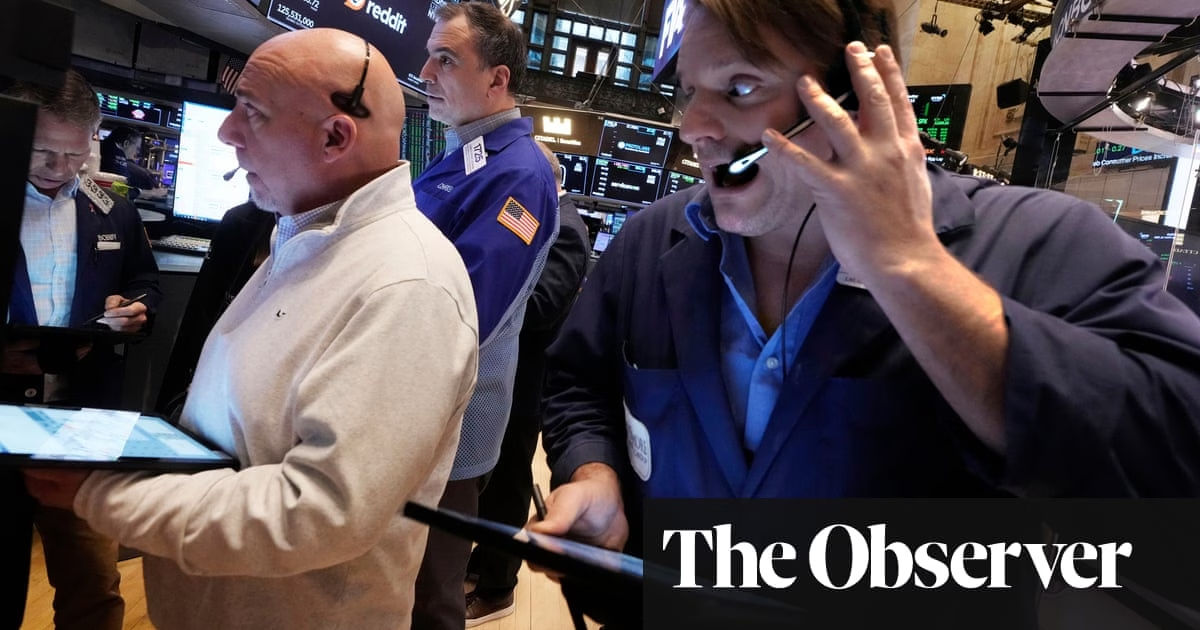Currency policymakers on both sides of the Atlantic will be evaluating the severity of Donald Trump’s threats of a complete trade war when they present their assessment on the course of interest rates this week. The Federal Reserve, the central bank of the United States, will explore the possibility of a “Trumpcession,” a recession caused by tariffs that escalate import costs and persuade already financially burdened consumers to cease spending. As the driving force behind the US economy, consumer confidence has drastically dropped, according to a leading survey conducted by the Conference Board. The impact of this is further strengthened by concerns that the US president is indifferent to the potential decline of the stock market and even accepting of a decrease in output, which could lead to a full-blown recession if left unaddressed. Experts, such as Nigel Green of investment firm deVere, believe that the situation’s combination of inflationary pressures and economic downturn places the Federal Reserve in a precarious position. Despite this, he contends that preventing a severe downturn should be the top priority, and rate cuts should be implemented sooner rather than later to help mitigate deeper damage. The Federal Reserve will announce its latest interest rate decision on Wednesday, followed by the Bank of England on Thursday. Policymakers at the Bank of England encounter a similar dilemma: whether to continue cutting rates or pause and wait while the tariff drama unfolds. The Bank, like the Federal Reserve, now takes a more cautious approach. On the domestic front, the Bank’s situation resembles that of the Federal Reserve—inflation is rising and unemployment is on the rise, especially in the manufacturing and construction sectors. Albert Edwards of Société Générale believes that if the US equity market further declines, retail sales might experience an even greater hit. Most economists, including Robert Wood, the chief UK economist at Pantheon Macroeconomics, expect the Bank of England to hold rates on Thursday and only cut them at their meeting in May. A further one-quarter reduction to 4% is expected before the end of the year. Even though inflation remains high, Wall Street generally expects the Federal Reserve to delay interest rate cuts due to the uncertainty of when tariffs will take effect and how this translates into prices.
Source: https://www.theguardian.com/business/2025/mar/16/fear-of-a-tariff-trumpcession-puts-pressure-on-bank-and-fed-over-interest-rates








